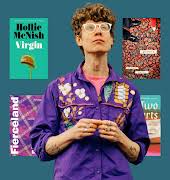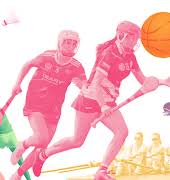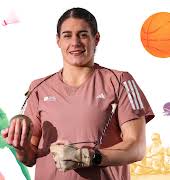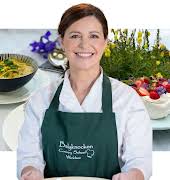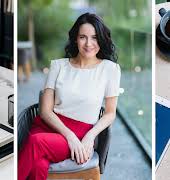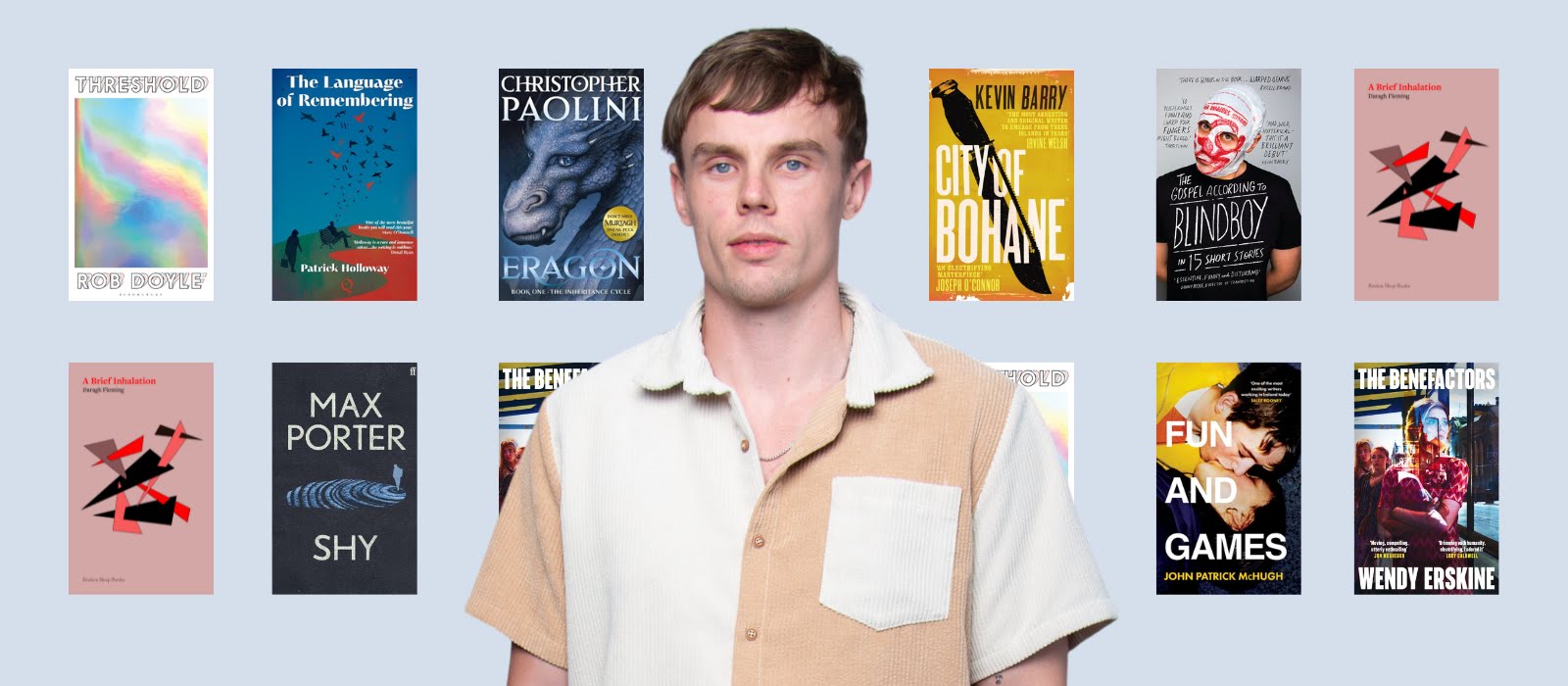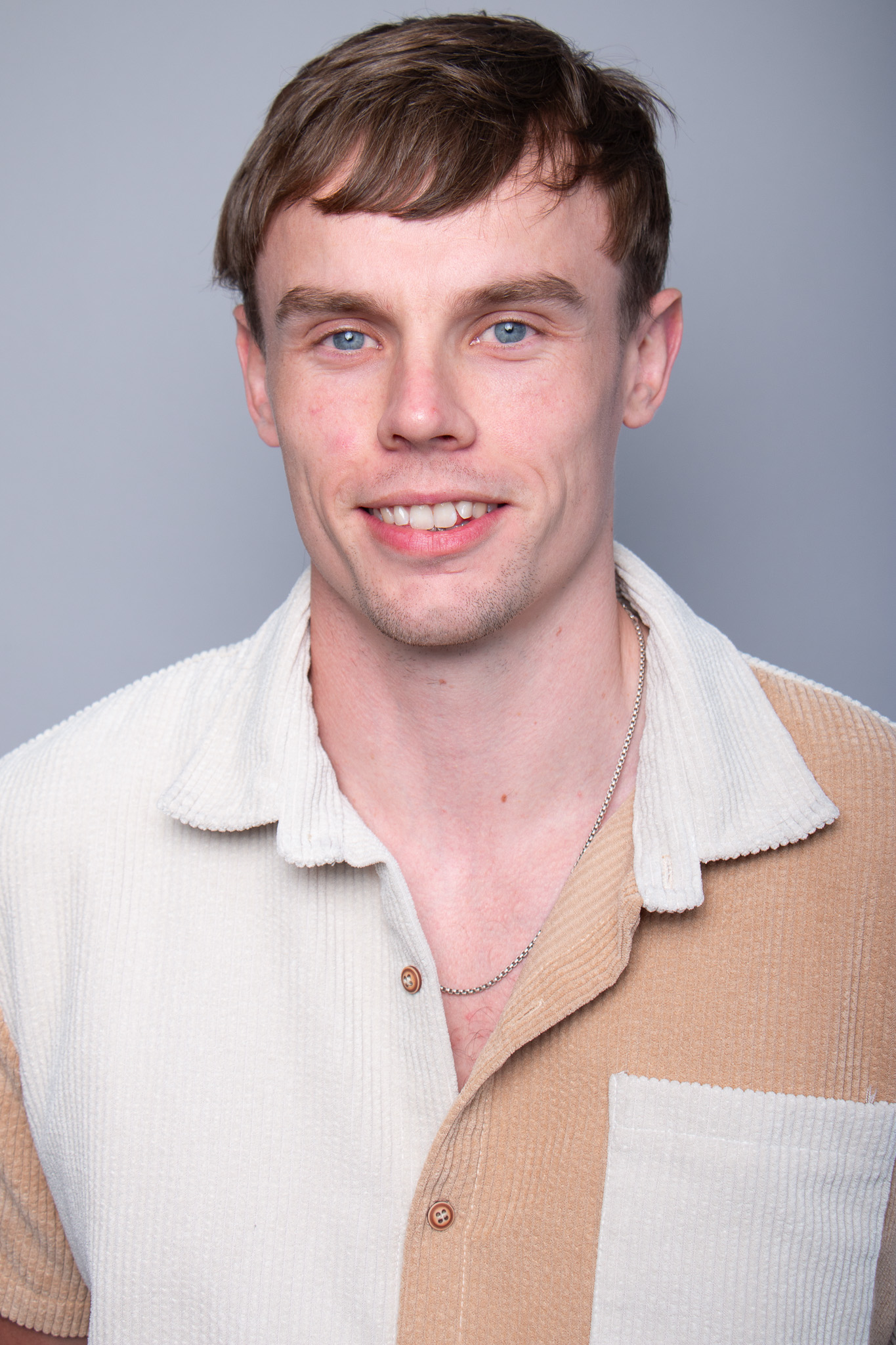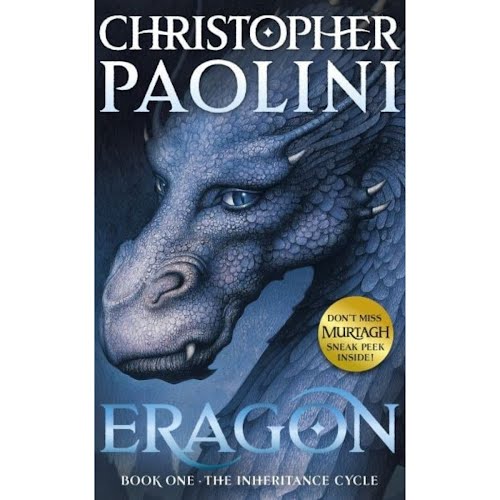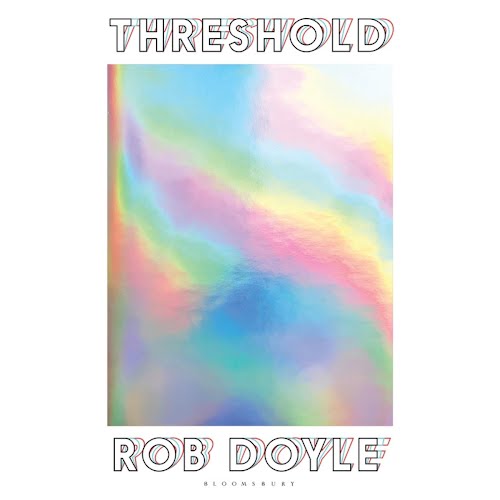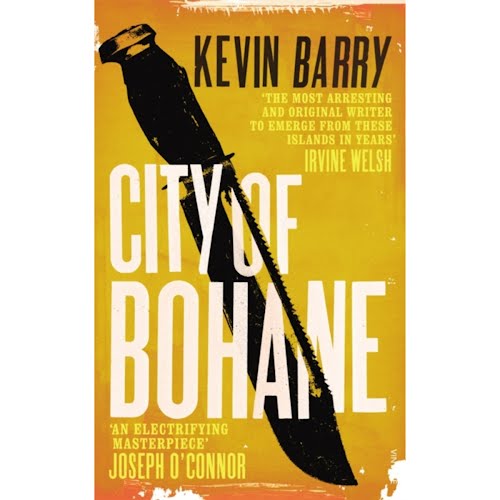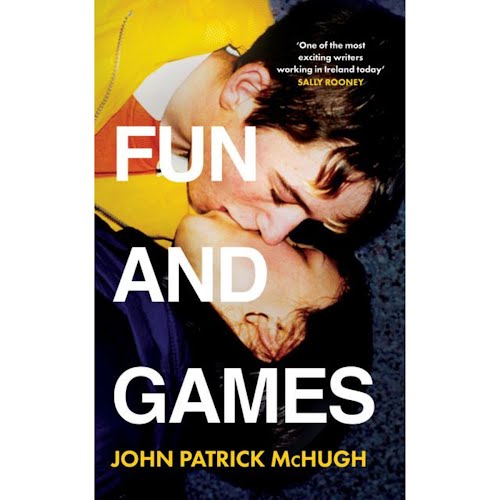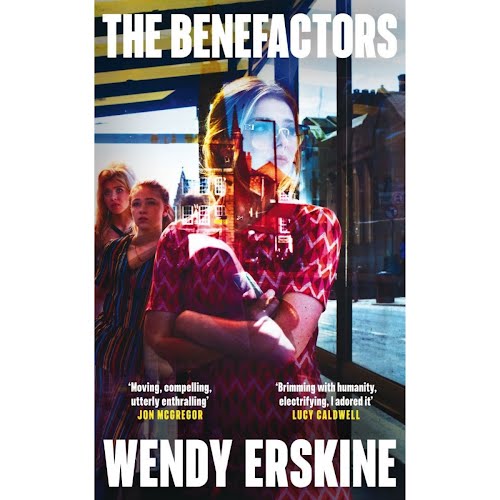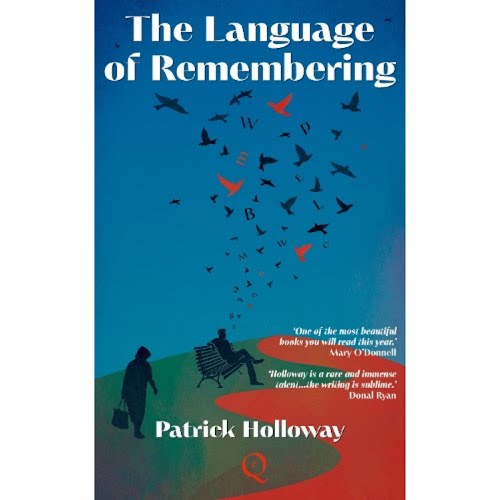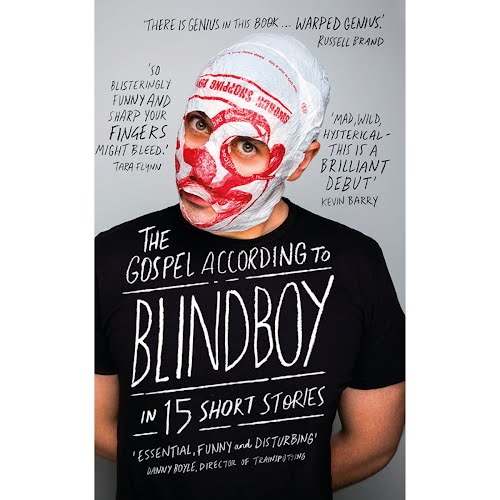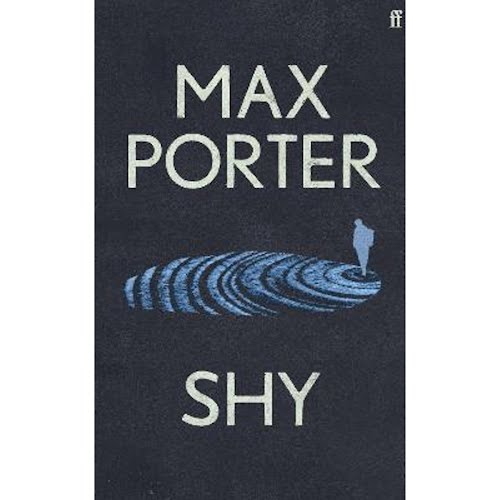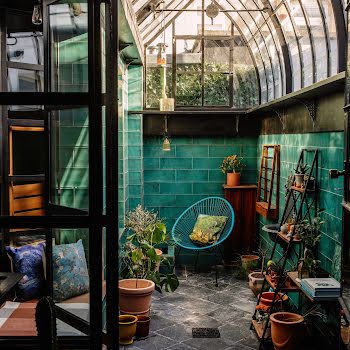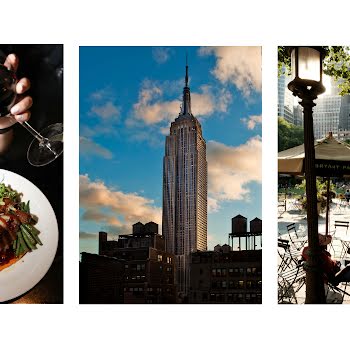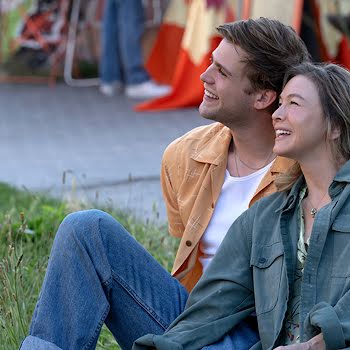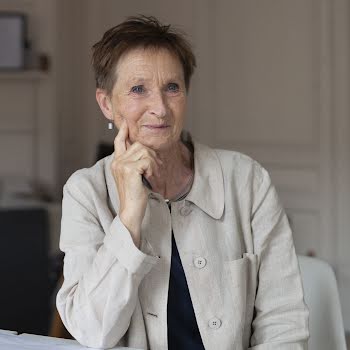We speak with Daragh Fleming about his new collection of essays, the isolation of the human experience being compounded by the online world, and finding solace through reading and writing.
Daragh Fleming is a writer, poet and activist from Cork whose work deals with the human condition and all its foibles. His second essay collection, A Brief Inhalation, is a candid exploration of contemporary existence, dissecting themes of identity, dislocation, and introspection with a sharp, unflinching eye.
As he puts it himself: “The book addresses experiences, thoughts, moments that make us short of breath – exciting moments, scary moments, days of revelation and understanding.” Fleming navigates encounters with the absurd, the intimate, and the existential with a voice that is wry, incisive, and deeply human.
Read on for our interview with Daragh…
Did you always want to be a writer? Tell us about your journey to becoming a published author.
Yes and no. I wasn’t consciously aware of it but the signs were there. I was constantly reading, buying so many books as a child that my parents had to sit me down and convince me to join a library when I was nine. My mother told me when I was eleven that she thought I’d do something with writing when I was older, which I dismissed at the time. But I was always writing, poems and stories poured out of me. And yet I never really thought about it until I was an adult. I picked up writing again after college, mainly to help me maintain my mental health, and that’s when my work started getting published.
What inspired you to start writing?
Procrastination. I started writing short stories when I was doing my Masters in UCD. When I didn’t want to work on my thesis (something that happened often) I used to write these bizarre stories and send them to my friends. That’s when I realised that maybe writing as a career was something I should consider.
Tell us about your new book, A Brief Inhalation. Where did the idea come from?
A Brief Inhalation is a collection of essays, so the idea for it didn’t come at the beginning like it would with a novel. Thematically, the book addresses experiences, thoughts, moments that make us short of breath – exciting moments, scary moments, days of revelation and understanding. But that wasn’t intended from the start. Instead, I was just writing essays, and over the span of two years a collection emerged that was addressing this idea, that we all have moments that stop us in our tracks.

What do you hope this book instils in the reader?
I do a lot of work in mental health, and one of the main things that comes up for people who suffer from poor mental health is this idea of being alone. There’s a lot of isolation in our human experience. This is compounded now by the online world, where there is so much connection, but not a lot of it feels real. So we’re feeling more and more isolated in our daily lives. My hope with all of my writing, which rings true with this book too, is that people will read and feel less alone. That they might see themselves in some of the essays, and in this sense, understand that there are other people out there going through the same experiences as them.
What did you learn when writing this book?
Essay writing is hard. Because everything has to be true. And let’s be honest, what’s mundane can often be dull if the story isn’t told well. So I had to learn how to write about ordinary life in an engaging way. You have to learn which details are unimportant, which scenes need to be emphasised. It’s true storytelling. Telling a story that has several layers of meaning is what makes a good essay, in my opinion. So learning how to tell a story that goes deeper than the main narrative has been key. Fun but challenging, it has made me a far better writer.
Tell us about your writing process?
This question comes up a lot and I dread it. Because the true answer is, I don’t know what my writing process is. I can write anywhere at any time. If it’s inconvenient timing then I’ll just take notes and come back to the thought later. But really it does feel like a black box. Experiences go in and words come out. I’ve come to believe that creativity is a force of the universe, like gravity, and so we’re just the mediums through which it works.
Speaking in less poetic terms, I have ADHD, so my writing process may look a bit scattered. I’ll jump between multiple pieces of work, adding to all of them a sentence or two at a time. It makes delivering a single piece a slow process, but at the end of the day I might have five or six drafts ready to work on. So it has its benefits, too.
Where do you draw inspiration from?
Everything, really. Conversations with friends, strange stories I see or read online. Memories have been a massive well of inspiration for this book. We all have stories to tell, but because they have happened to us we think they’re not worth telling. Some of the essays in this book only exist because I mentioned the story casually to a friend and they couldn’t believe how bizarre the story was. But before I told them I didn’t think it was a story worth telling. So having friends that are willing to listen to my rants are a valuable source of inspiration.
What are your top three favourite books of all time, and why?
Impossible question. I can’t even pick my favourite colour let alone a favourite book. I was obsessed with Eragon by Christopher Paolini as a child. The world-building was incredible. As an adult, I have loved Threshold by Rob Doyle and City of Bohane by Kevin Barry. Both books found me when I needed to read them. I know they’re my favourite books because I never let people borrow my copies, but I often gift these two books to people.
Who are some of your favourite authors, Irish or otherwise?
I could fill pages here. I adore Sloane Crosely. She’s the reason I wanted to start writing essays to begin with. Outside of the Irish writers mentioned above I’m a huge fan of Wendy Erksine, J.P McHugh, Amanda Geard, Chistine Anne Foley, Colin Barrett. I am hugely inspired by the work of Max Porter, too, and would recommend reading all of his available material.
What are some upcoming book releases we should have on our radar?
J.P. McHugh’s debut, Fun and Games is coming out soon which I’m very excited about. Wendy Erksine’s novel is out this year, too. Paul McVeigh, Patrick Holloway and Catherine Kirwan have all released books quite recently which I would be all over if I was looking for something to read.
What book made you want to become a writer?
Blindboy’s first short story collection. I was already writing when I came upon it, but it made me realise I could actually have a collection of insane short stories published. Before I read that, I had never even heard of a short story collection. I was so green at the time, looking back. I was writing my stories and sending them to friends. Then this book came along and made me think that maybe I could put a collection together.
What’s one book you would add to the school curriculum?
Shy by Max Porter. It’s a great exploration of mental health, but is also incredibly poetic. It covers a lot of bases and themes, and is a joy to read.
What’s the best book you’ve read so far this year?
The Language of Remembering by Patrick Holloway. He’s an incredible writer and a great friend. It’s his debut and it’s absolutely beautiful.
What’s some advice you’ve got for other aspiring writers?
At the start, when you’re learning any new artform, there’s an instinct to imitate. We have our writers that we like, so we naturally want to be like them. Resist this instinct. You want to write your own way. In your own voice. Read widely but write the way that comes naturally to you. Editing will sharpen everything up. Let your first drafts be chaotically you.
Lastly, what do the acts of reading and writing mean to you?
They’ve been lifelines, truly. Writing has gotten me through some of my darkest moments. Reading has made me feel less isolated. I don’t know where I’d be, or how well I’d be doing mentally if writing never found me. And if that reads too dramatic, I’ll say that reading and writing are two of my favourite activities to do. You can’t bate a good book.
A Brief Inhalation by Daragh Fleming (Broken Sleep Books) is on sale now.


